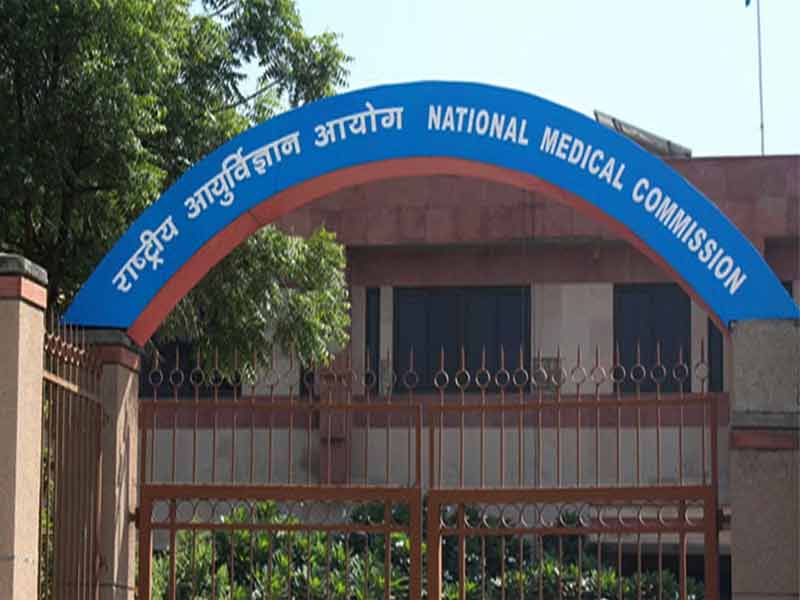New rules about professional ethics for medical professionals were released by the National Medical Commission, and one of them forbids doctors from attending any workshops or conferences that are directly or indirectly supported by businesses in the pharmaceutical or allied health sectors.
The commission stated in a gazette notification dated Aug. 2 that “registered medical practitioners, as well as their families, must not receive any gifts, travel accommodations, hospitality, cash or monetary grants, consultancy fee or honoraria, or access to amusement or recreation from pharmaceutical firms or their representatives, commercial healthcare establishments, medical equipment companies, or corporate hospitals under any pretext.”

According to the regulations, doctors shall not participate in any third-party educational events such as seminars, workshops, symposia, conferences, and so on that include direct or indirect sponsorship from pharmaceutical corporations or the allied health industry. Potential conflicts of interest should be recognized by medical professionals.
Also, Read What exactly is chroming? The deathly Tik-Tok trend
While collecting cash or monetary grants, consulting fees, or honoraria is forbidden, the regulations indicate that this restriction does not apply to salary and perks that doctors may get as employees of these organizations.
This is in addition to doctors being forced to prescribe generic names of medications to patients under new Section 8 laws.
It was claimed that generic names should be legibly written and drugs should be prescribed rationally, eliminating needless medications and unreasonable fixed-dose combination tablets.
According to a Hindustan Times story, the Medico-Legal Society of India, an all-India organization of doctors & medico-legal professionals, has already urged a correction to this clause in a letter sent to the Prime Minister and the Central Health Ministry.
The new regulations seek to close all loopholes that could result in direct or indirect benefits accruing to physicians from pharmaceutical or associated healthcare sector corporations, to ensure that drug prescriptions are devoid of bias or influence.
Different levels of punishments, including suspension of practice license, have also been mandated based on the seriousness of the violation.

























